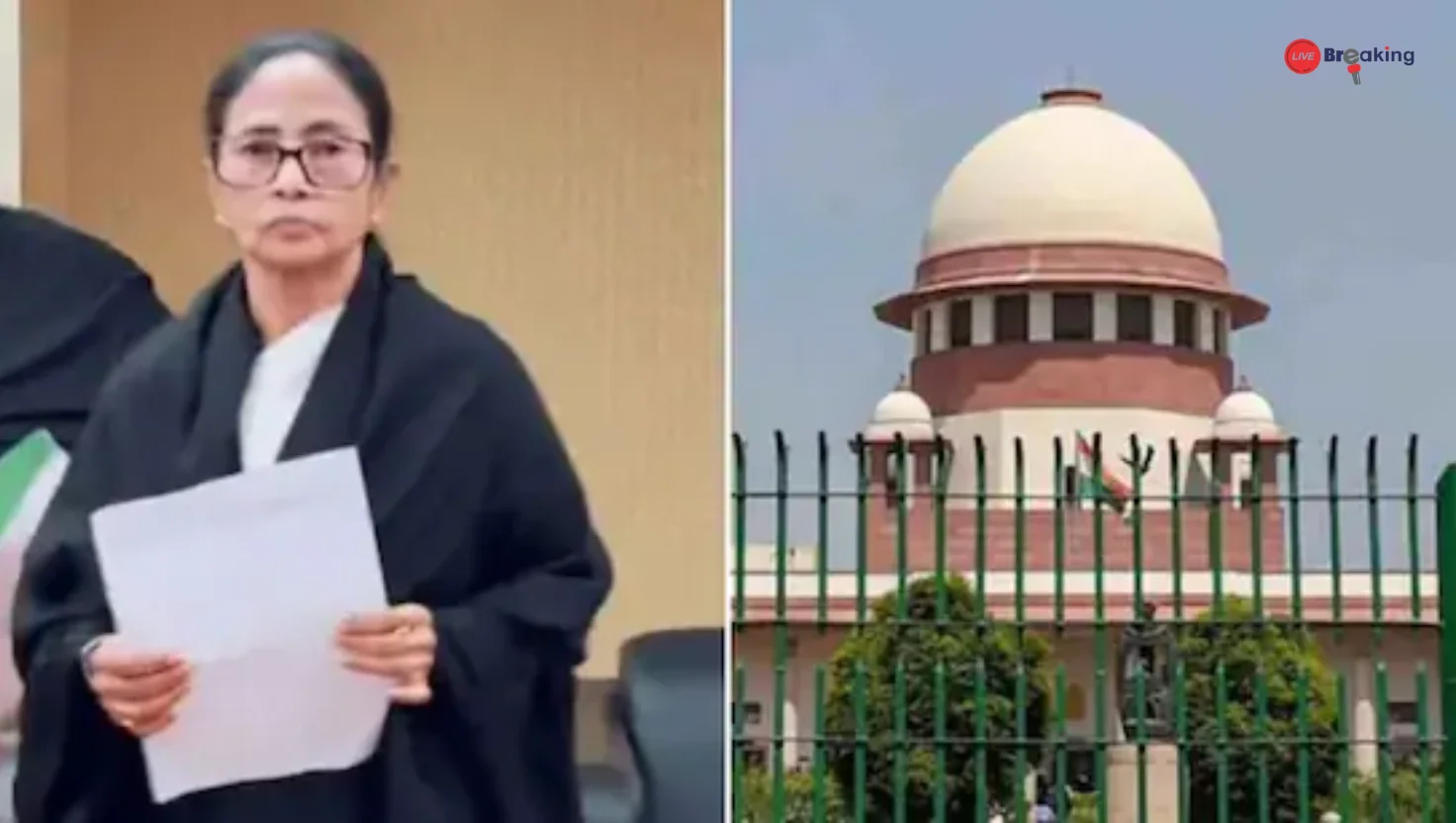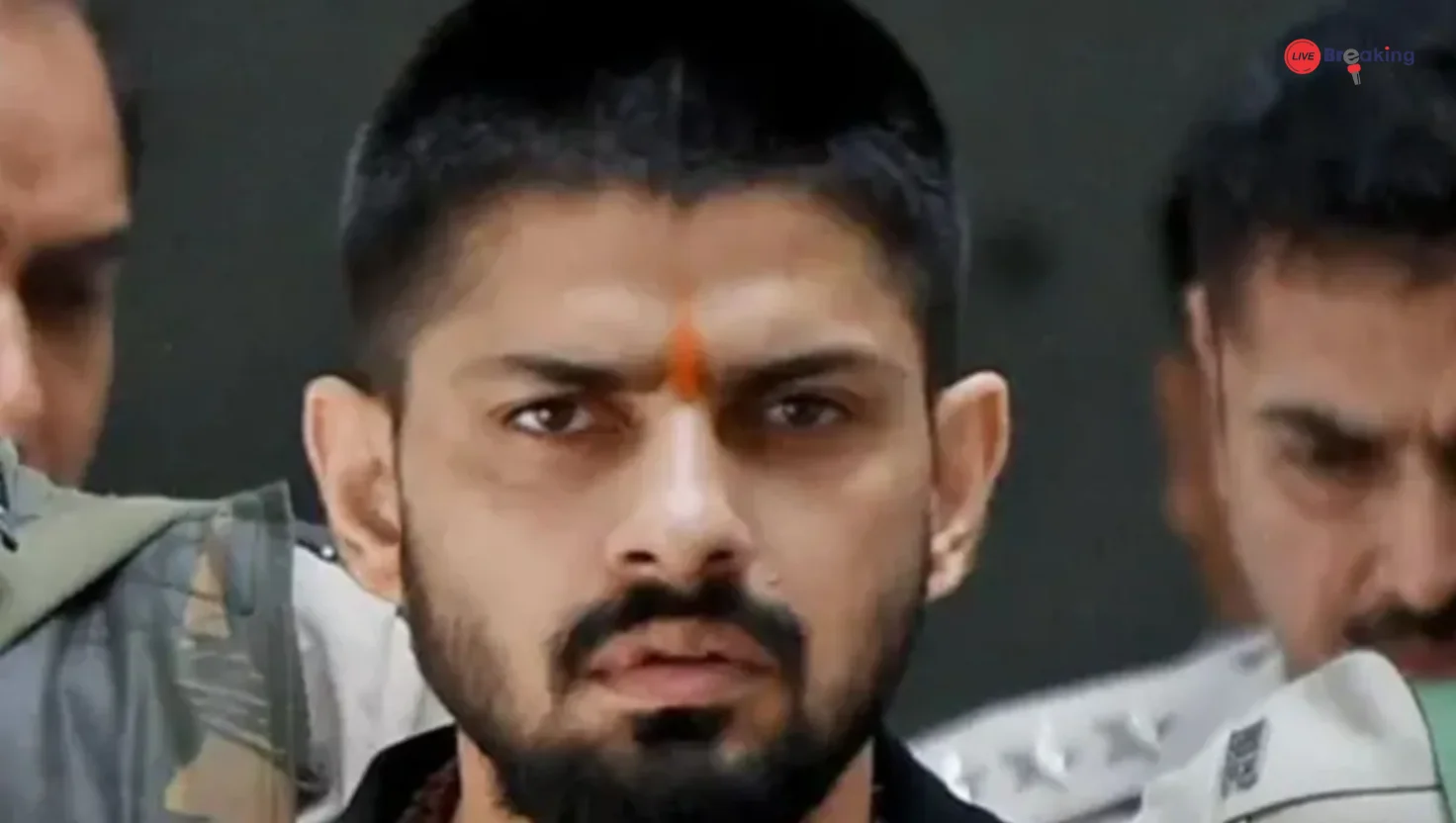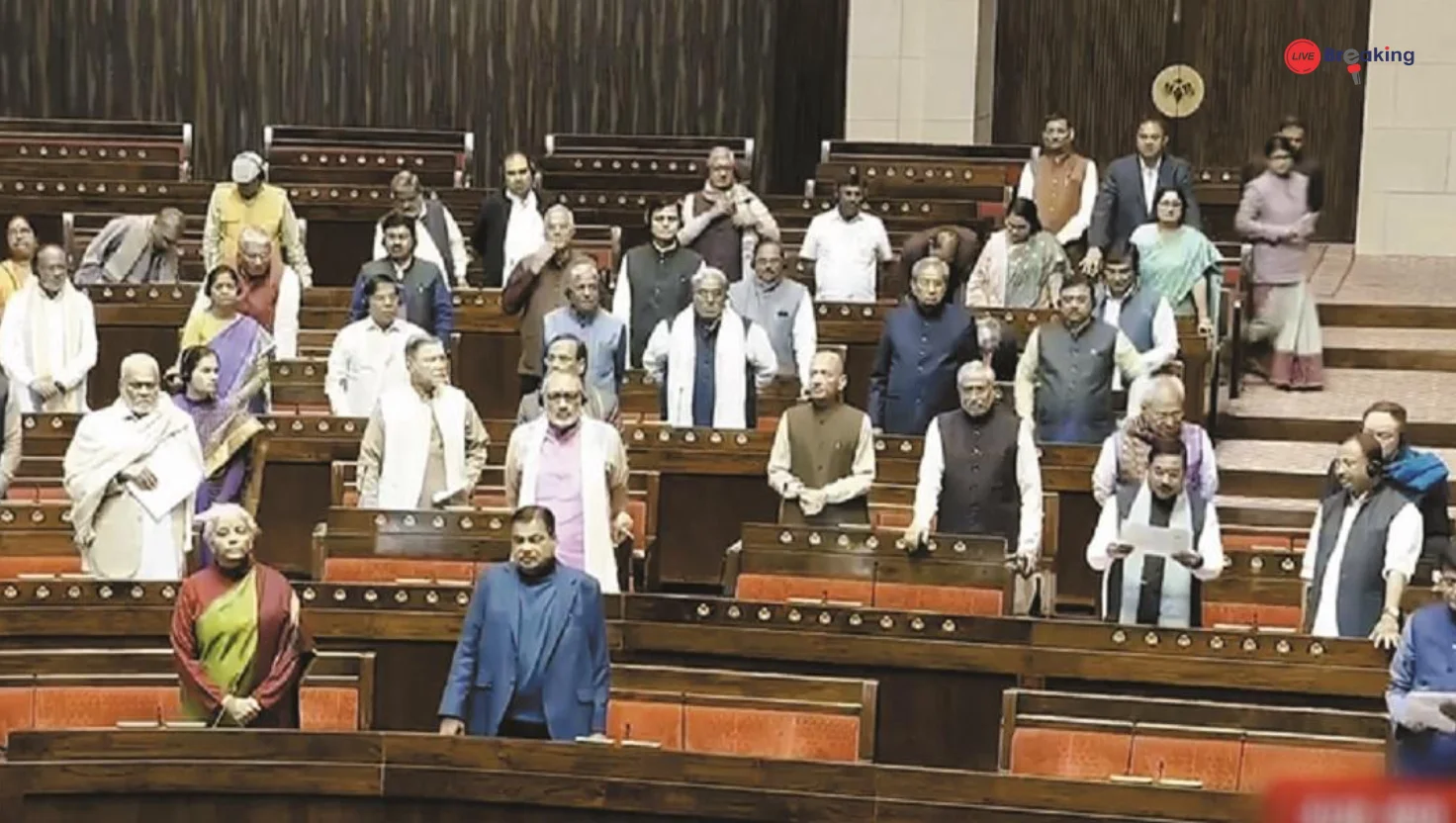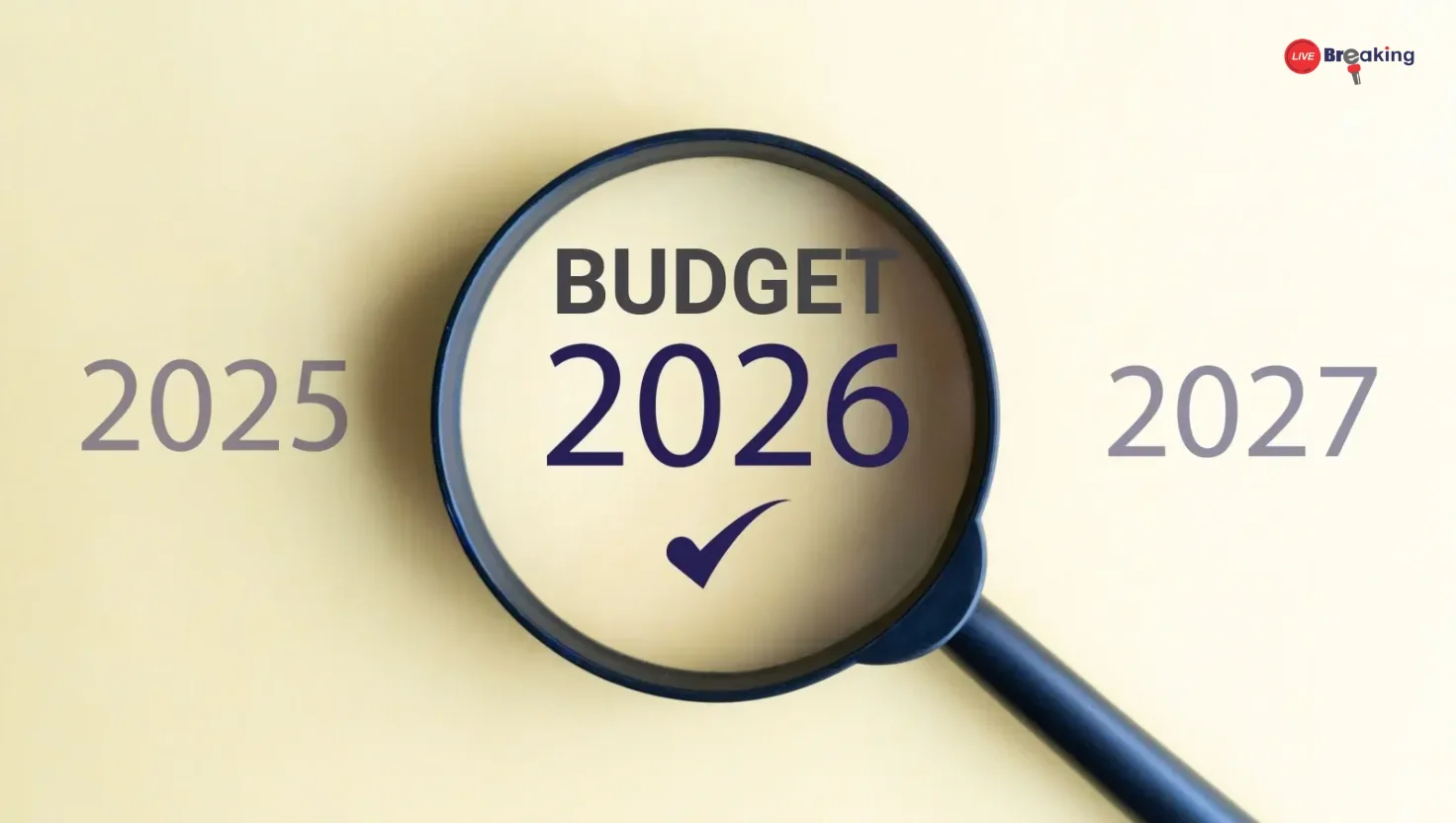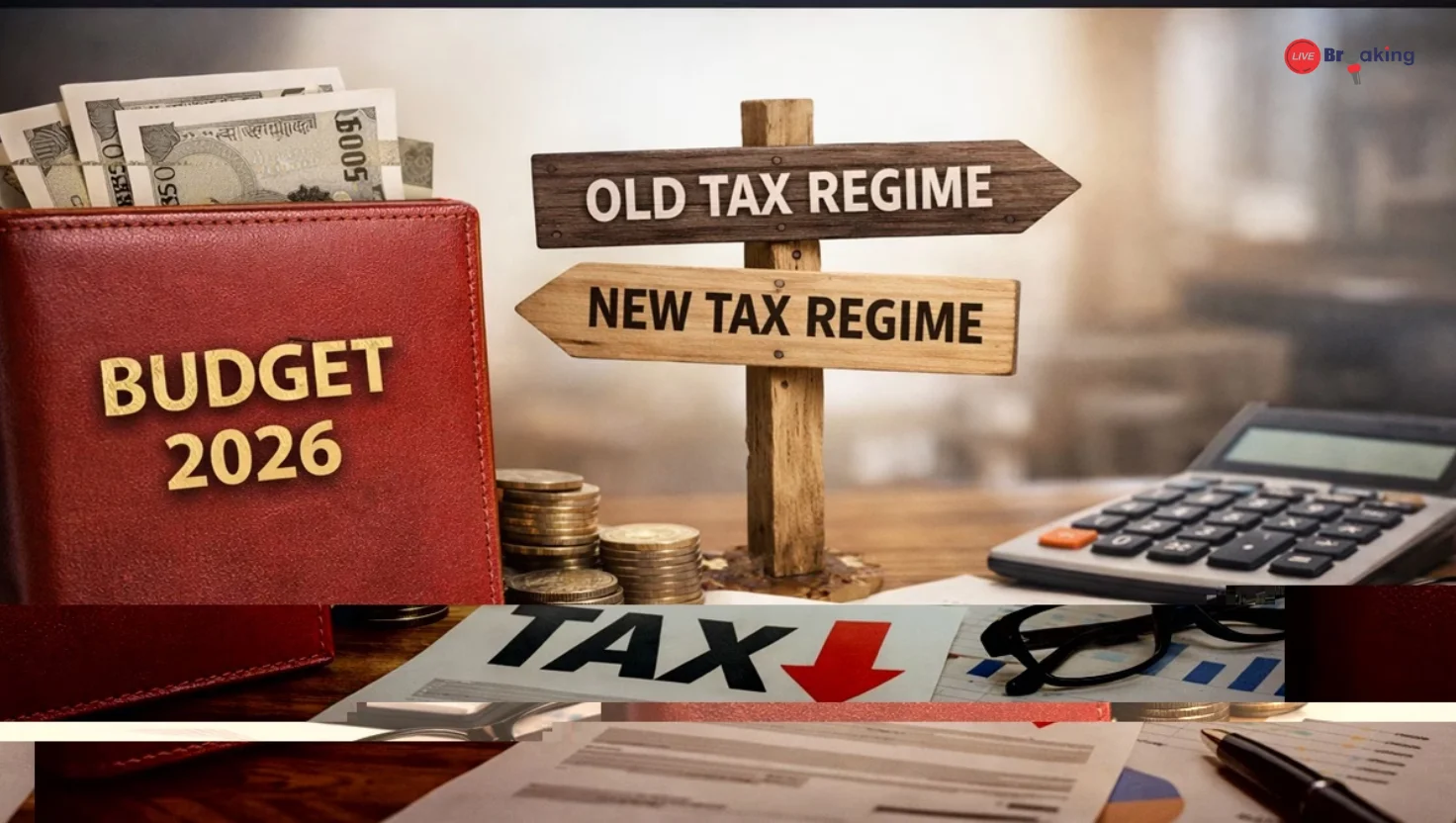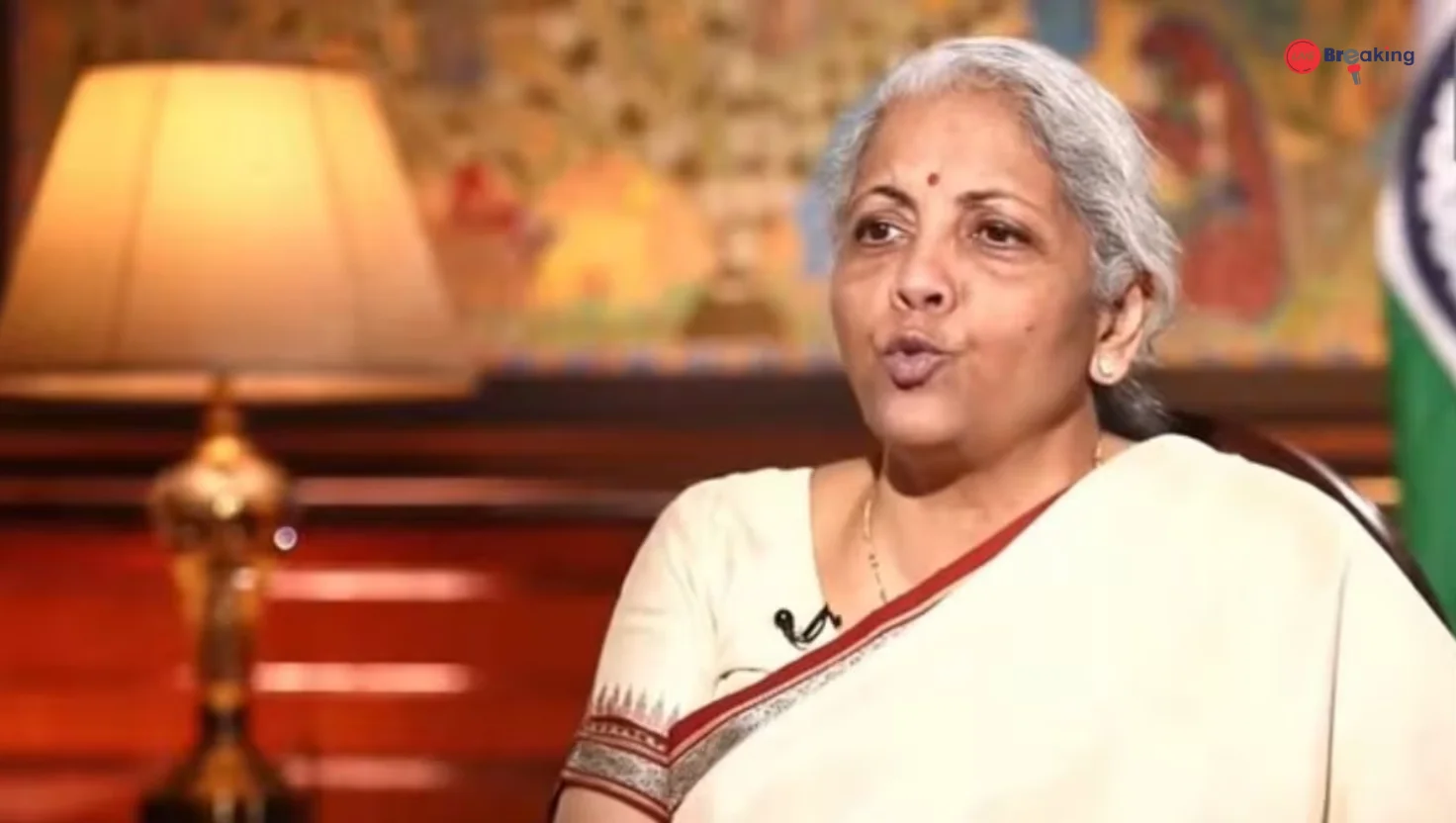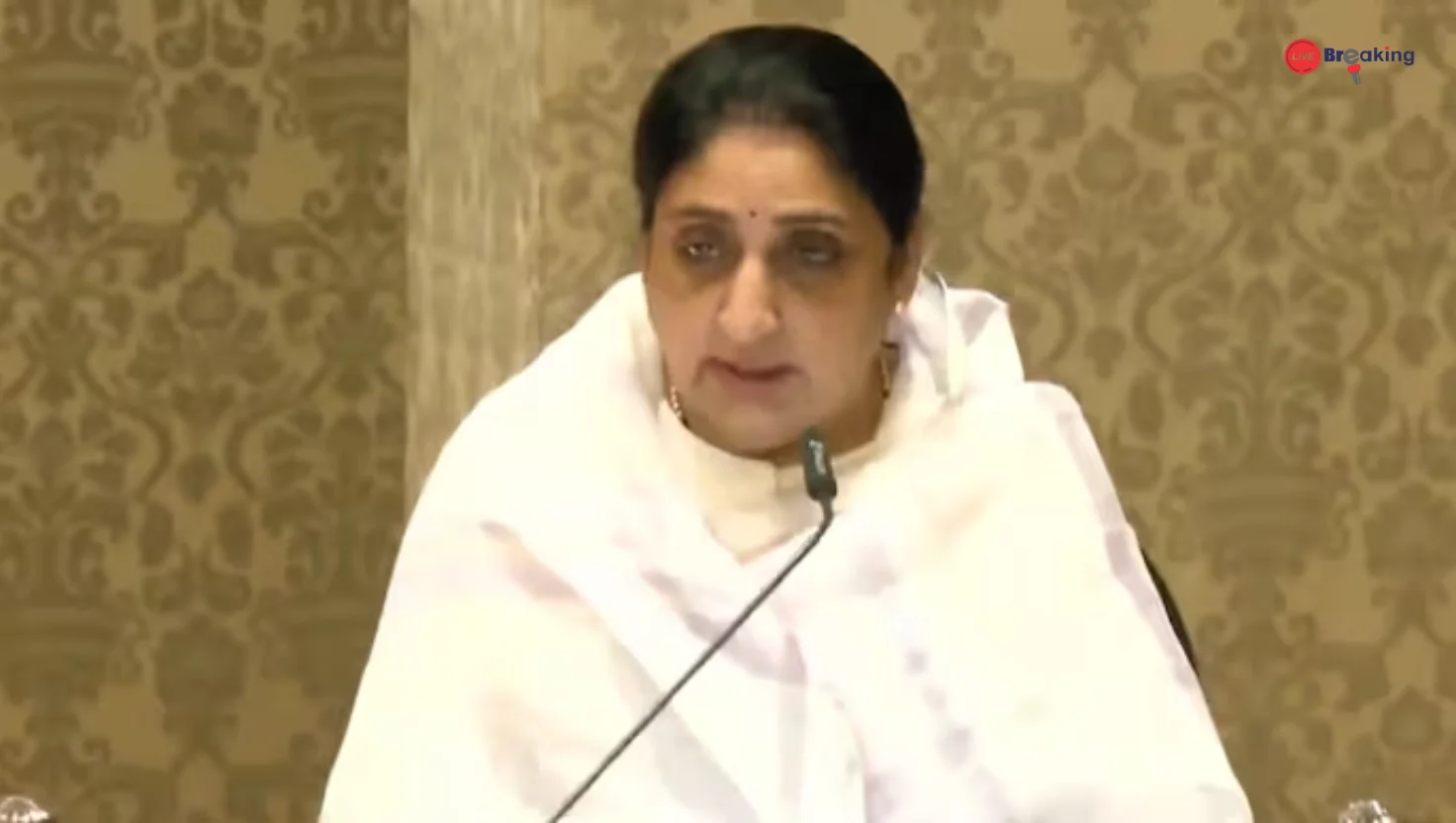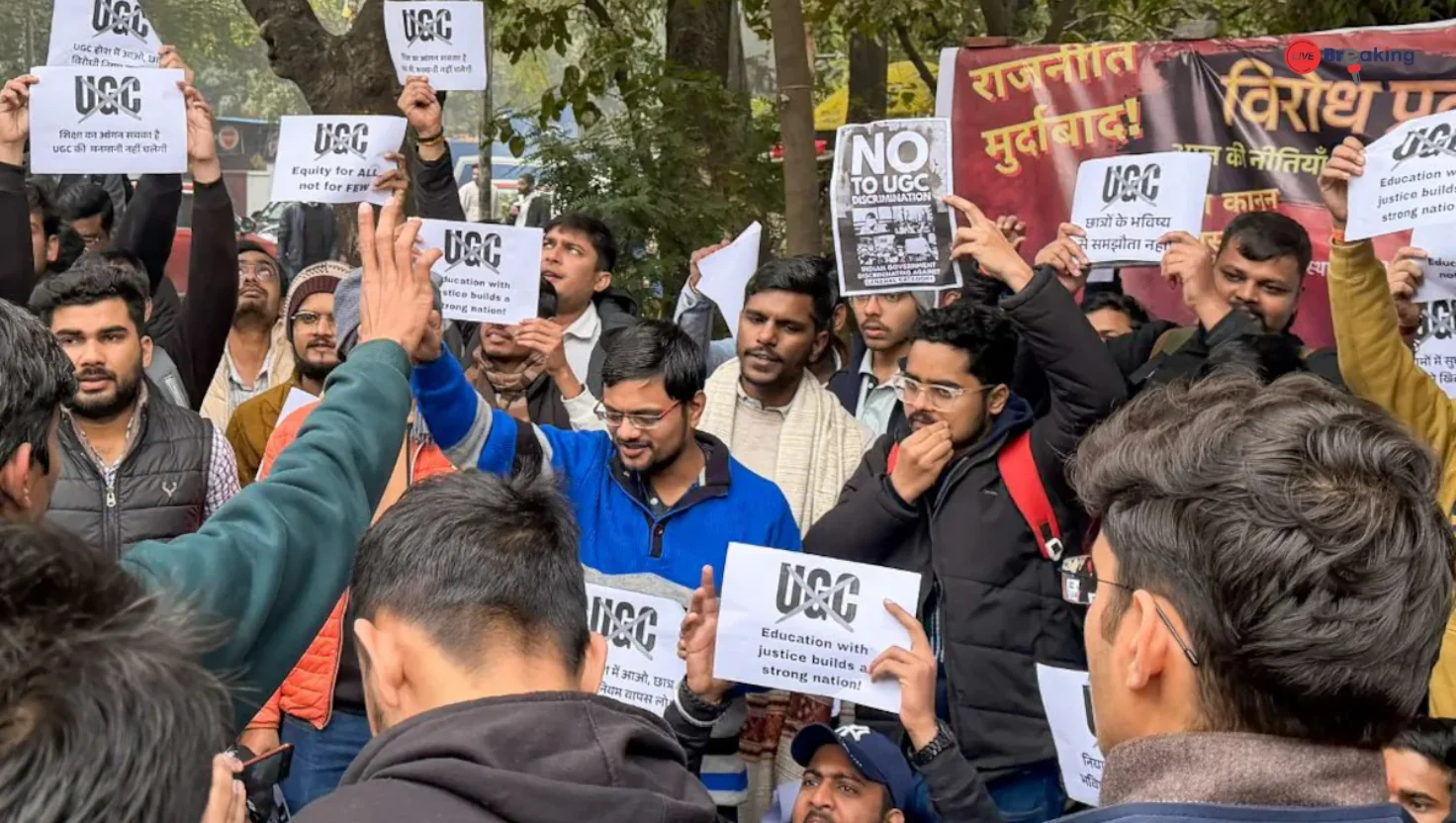Supreme Court tells Election Commission of India to consider Aadhaar, EPIC, ration card for Bihar voter roll revision
In a significant development aimed at ensuring the integrity and inclusiveness of electoral rolls, the Supreme Court of India has advised the Election Commission of India (ECI) to consider accepting documents like Aadhaar, Electors Photo Identity Card (EPIC), and ration cards for the revision of voter rolls in Bihar.
The direction came during a hearing on petitions related to discrepancies and exclusions in Bihar’s electoral rolls. The apex court observed that many citizens, particularly in rural and marginalized areas, might not possess all prescribed documents, and hence, relying solely on a limited set of identification proof could disenfranchise genuine voters.
A bench led by Justice Sanjiv Khanna underscored the importance of a fair and accessible revision process, stating that the ECI must adopt a flexible and inclusive approach while verifying voter identities. The court suggested that the Commission allow multiple valid ID documents—such as Aadhaar, EPIC, and ration cards—for the purpose of verifying and updating electoral lists.
The Election Commission, in response, assured the court that it would review the matter and take appropriate steps to accommodate these concerns during the voter roll revision process. It emphasized its commitment to free and fair elections and promised that no eligible voter would be left out due to technicalities.
Read more: Congress Marks One Year Of Rahul Gandhi As LoP, But It’s Priyanka Who Stole The Spotlight
The move is expected to benefit thousands of voters in Bihar, particularly those from economically weaker sections who often face difficulties in producing standard documents for electoral registration.
The Supreme Court’s suggestion aligns with a broader vision of ensuring inclusive democratic participation and preventing systemic exclusions in the electoral process. As Bihar prepares for upcoming elections, this intervention is likely to have a significant impact on voter inclusion and transparency.



